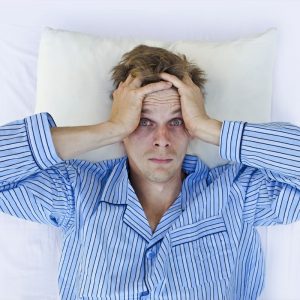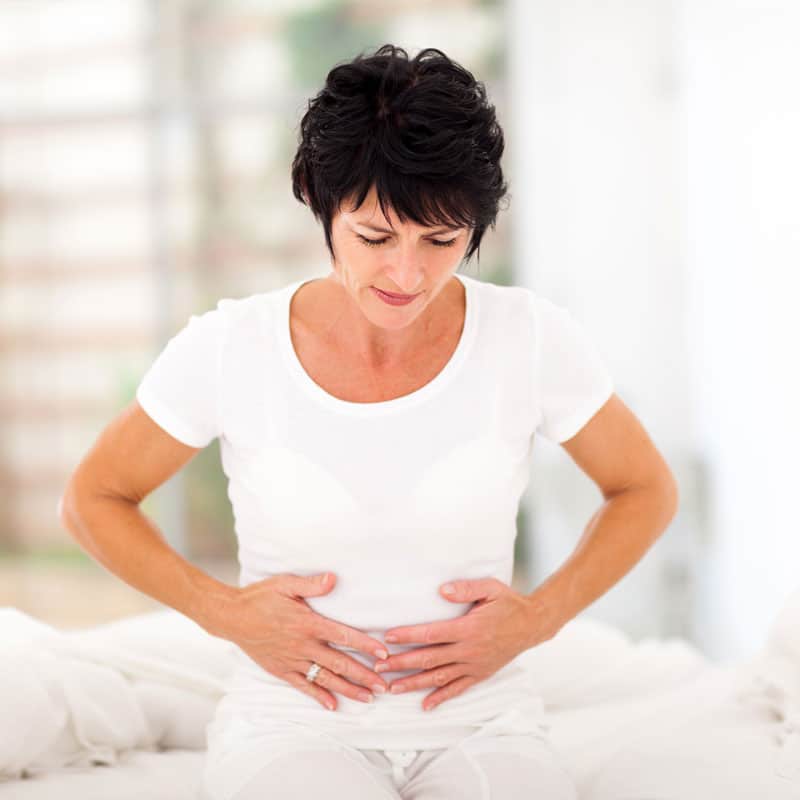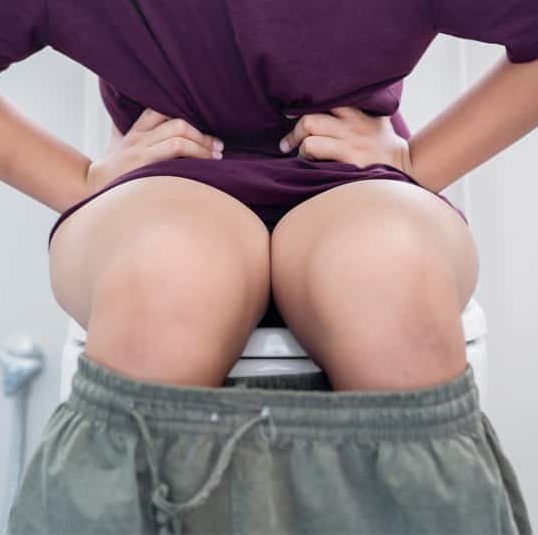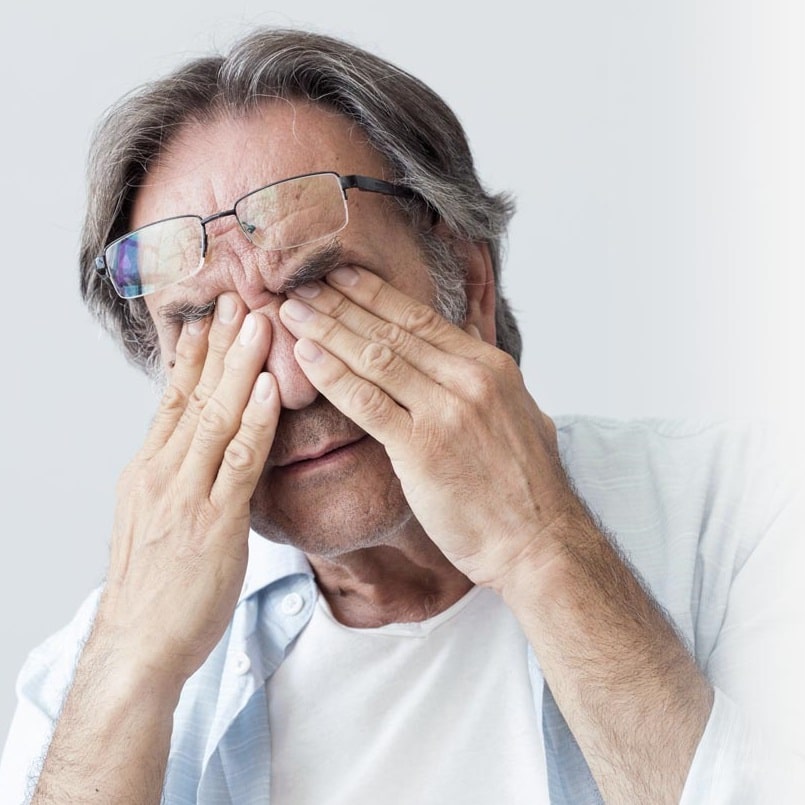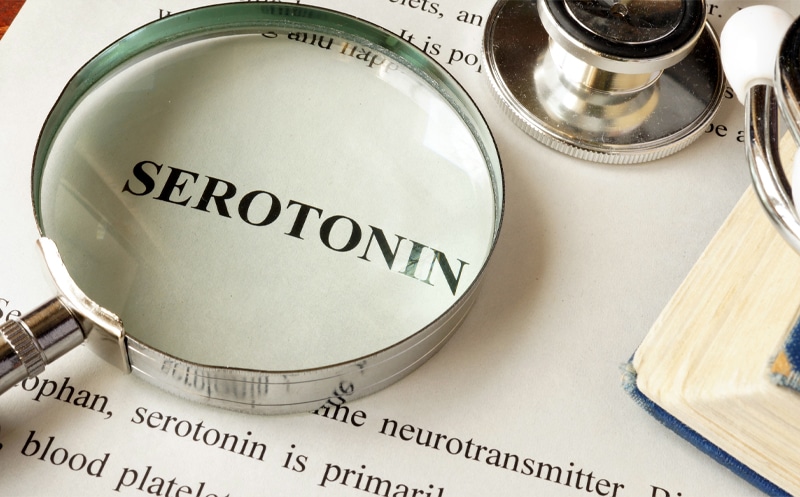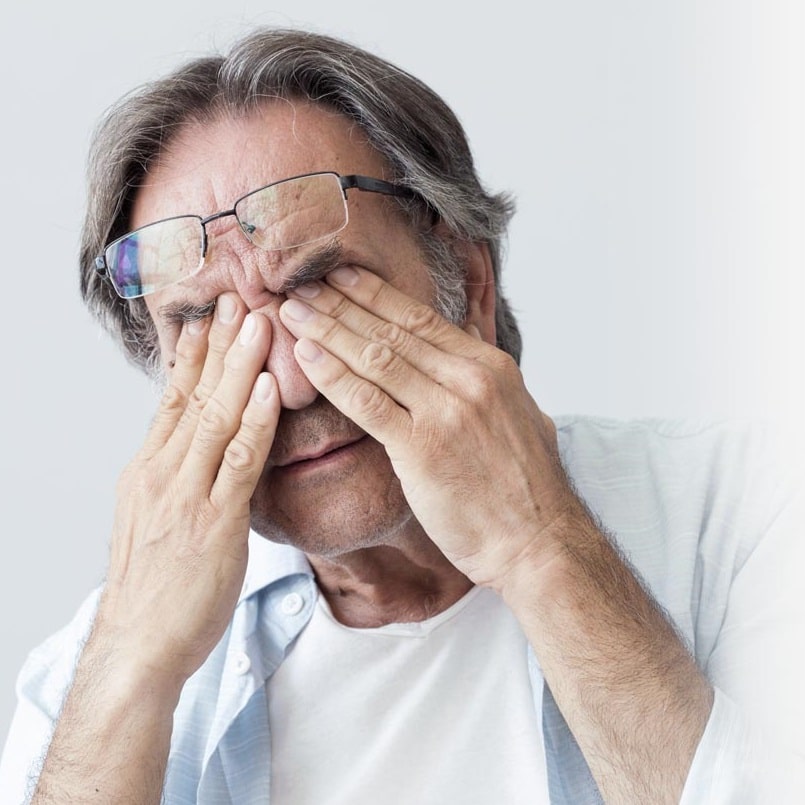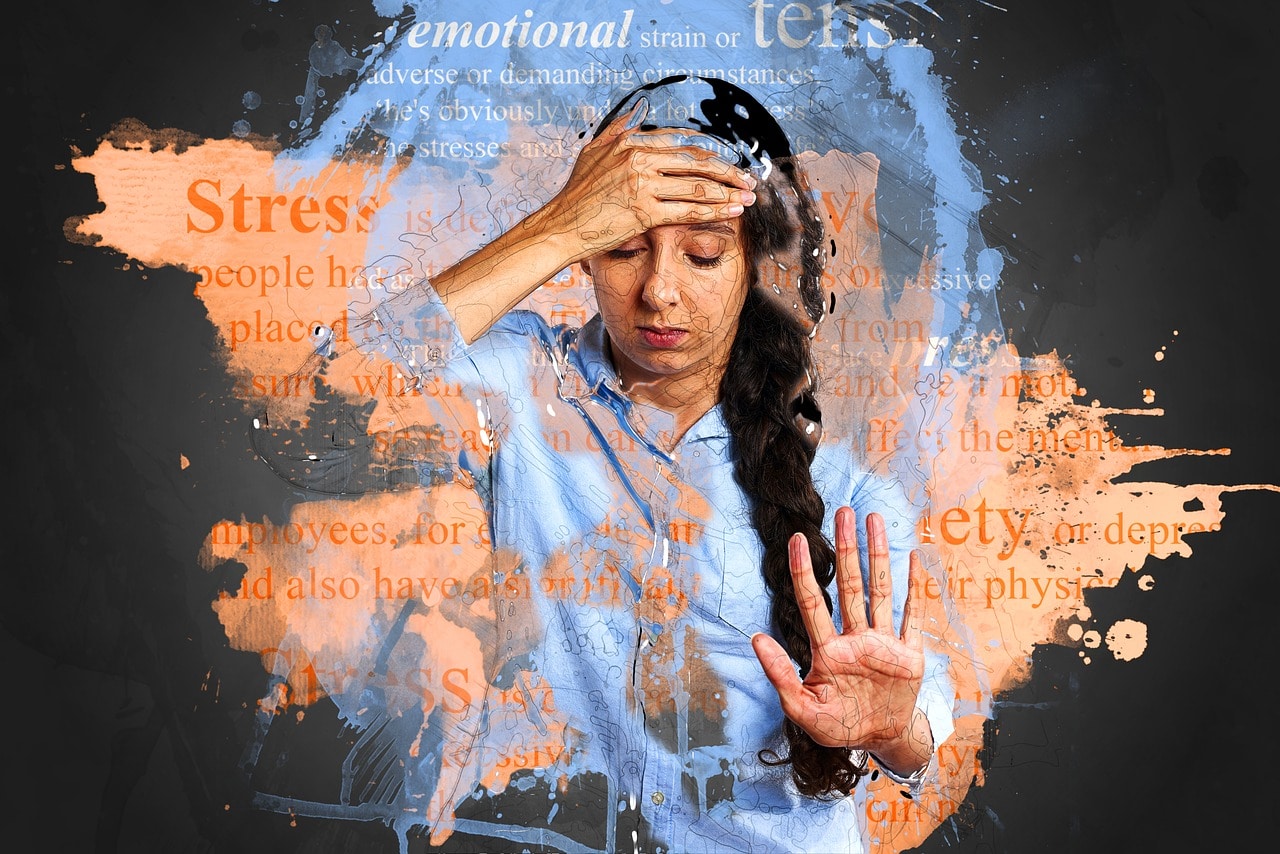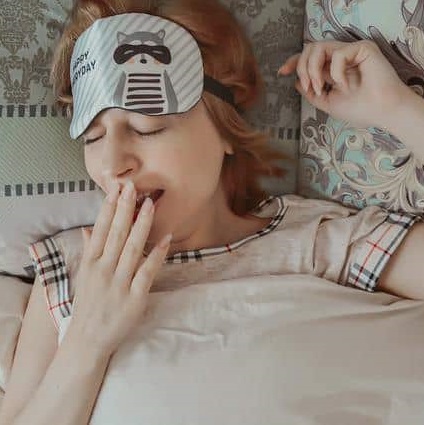What is Sleep Hygiene?
Sleep hygiene is a set of rules you follow each night to ensure a good night’s rest. Sleep hygiene practices can help you get to sleep earlier, sleep longer, and have a whole night of uninterrupted sleep. While you sleep, your body is busy repairing itself. It replenishes cells, restores energy, and builds tissues. If you don’t sleep enough, your circadian rhythm can become unbalanced.
To understand why sleep hygiene is essential, you must understand your circadian rhythm and how it works. Your circadian rhythm is a 24-hour internal clock that carries out essential processes, including your sleep-wake cycle. Your circadian rhythm is influenced primarily by light. If your circadian becomes imbalanced, you can experience many sleep issues, including insomnia.
What is Sleep Deprivation?
Sleep deprivation occurs when you do not get enough sleep. Experts recommend that healthy adults get around eight hours of sleep each night. Lack of sleep can cause a plethora of symptoms and even lead to a variety of health conditions. Common symptoms of sleep deprivation include-
- Increased drowsiness and fatigue
- Concentration difficulties, forgetfulness, inattentiveness
- Decreased strength
- Decreased immunity, which decreases the body’s ability to fight off infections
- Impact on your mental health, and you may experience depression, anxiety, and mood swings
As sleep deprivation continues, your symptoms may become more severe and include:
- Increased risk of heart disease and stroke
- Increased risk of mental illness, depression, and anxiety
- Increased risk of asthma
- Increased risk of accidents
- Severe mood swings and hallucinations
Sleep deprivation is becoming more common as you try to pack more into your schedules – managing your job, caring for your family, and caring for yourself. Furthermore, as you age, the risk of sleep deprivation increases. Older people sleep lighter and may experience sleep disorders.
Causes of Sleep Disorders
Several things can cause sleep disorders:
- Sleep disorders – including sleep apnea, restless legs syndrome, insomnia, and narcolepsy
- Age – Those older than 65 with certain medical conditions or take medications like diuretics, beta-blockers, and thyroid hormones that can interfere with the sleep cycle
- Illness – chronic pain syndrome, cancer, schizophrenia, depression, Alzheimer’s disease, heart disease, Parkinson’s disease, and stroke
- Stress
- Changes in sleep schedule – such as a new baby or a new work schedule
Tips To Improve Sleep Hygiene
Below are some tips for sleep hygiene that you can do throughout the day to help reset your internal clock and improve your sleep.
Morning
To reset your sleep-wake cycle, wake up at the same time each morning, including on weekends. Within a couple of weeks, you will automatically wake up at that time, and often before your alarm clock ever goes off.
When you are sleep-deprived, it can be challenging to get going in the morning, which is why many people have a cup of coffee first thing in the morning. Once you have woken up, grab a cup of joe and start your day.

Afternoon
If you are experiencing sleep issues, you are probably ready to nap by the afternoon. Taking a short nap in the afternoon can be beneficial if you have a significant sleep deficiency; however, it is advisable to limit your nap to no longer than 30 minutes to avoid the risk of being unable to fall asleep at night. One of the best times to exercise daily is in the early afternoon. If you wait and exercise after midafternoon, it can interfere with your sleep-wake cycle.
Evening
Evenings are a time for relaxation. Taking proactive steps to avoid thinking of work, money troubles, and stressful situations can help you relax. Choose quiet activities like reading a book, watching television, or working on a puzzle to help you unwind and relax. After sunset, it is time to dim your lights and turn off your electronics. Electronics, including computers, televisions, tablets, and mobile phones, emit blue light that can interfere with your circadian rhythm.
Avoid eating a late-night snack, as it may increase your energy levels, which is the opposite of what you want. It may also cause indigestion, upset stomach, or heartburn. Finally, a warm bath can help you relax and prepare for bed. The warm water will relax you and prepare your body for sleep. Add a handful of lavender buds or essential oil to your bath to help melt away your stress.
Bedtime
When it comes to sleep, go to bed at the same time every night. You should seek to be in bed and asleep within 20 minutes of your designated bedtime. Determine your bedtime by taking the time to wake up and counting back seven to nine hours.
The temperature of your room should be cool. Most people find that turning the thermostat to a comfortable temperature, typically between 65 and 70 degrees, can help you sleep better. Choose comfortable bed linens that breathe yet provide the warmth you need.
Your bedroom should be a sleep sanctuary. Use room-darkening curtains or blinds to block out outside light. A noise machine can help mask noises that may wake you up at night. Finally, face your alarm clock toward the wall to ensure your room is completely dark.
Good Hygiene for Optimum Health
Maintaining good sleep hygiene and getting the recommended amount of sleep each night is one of the best things you can do for your health. If you are experiencing insomnia or other sleep difficulties, talk with one of the functional doctors specializing in sleep disorders.


